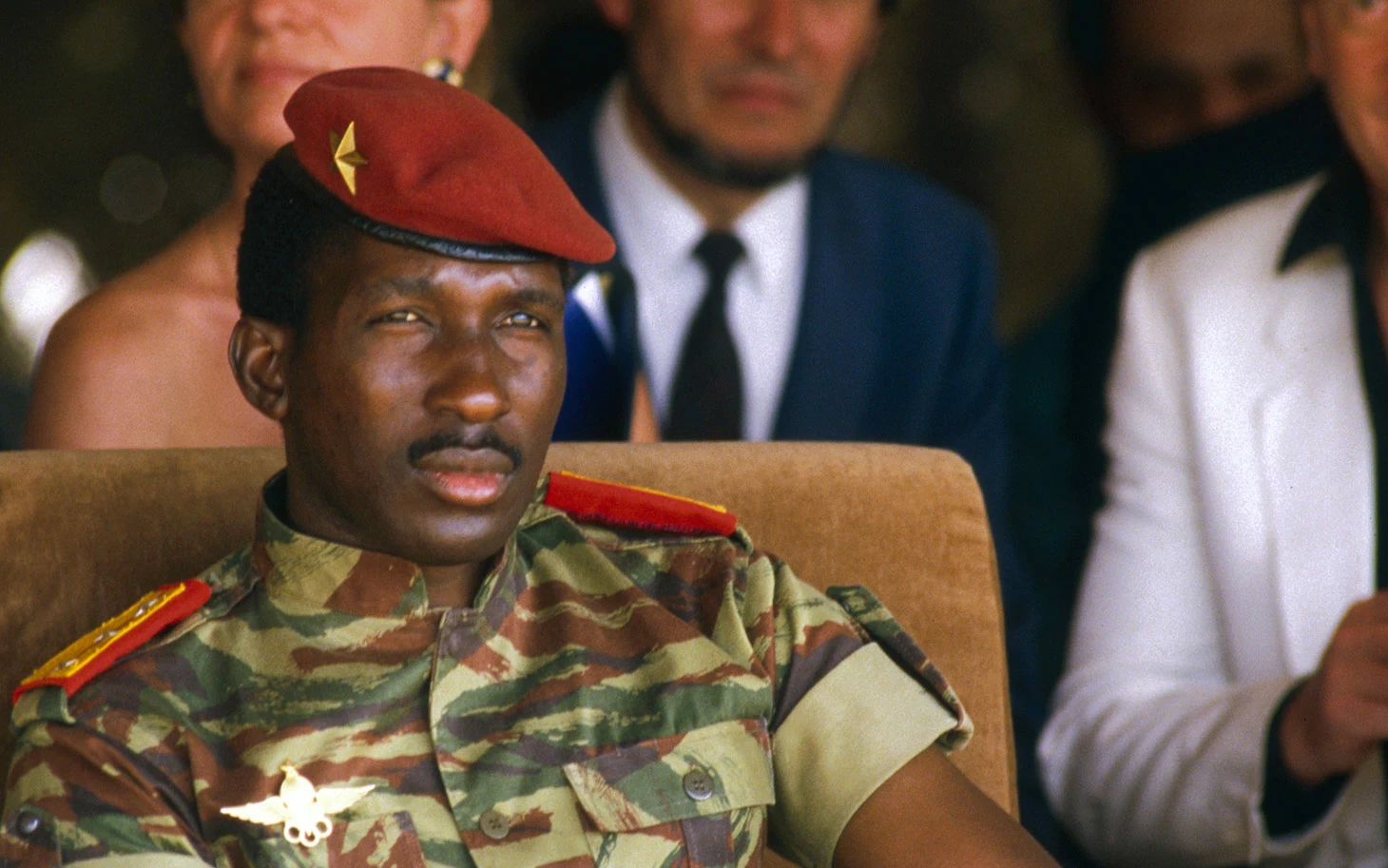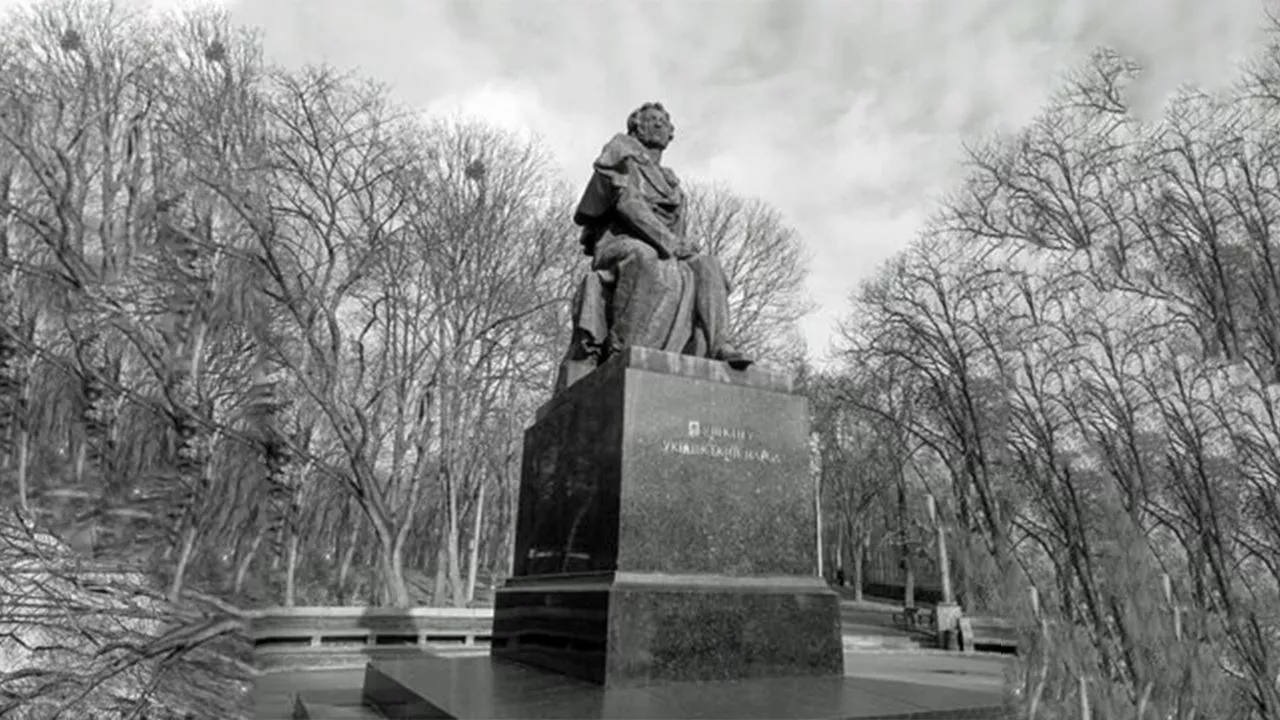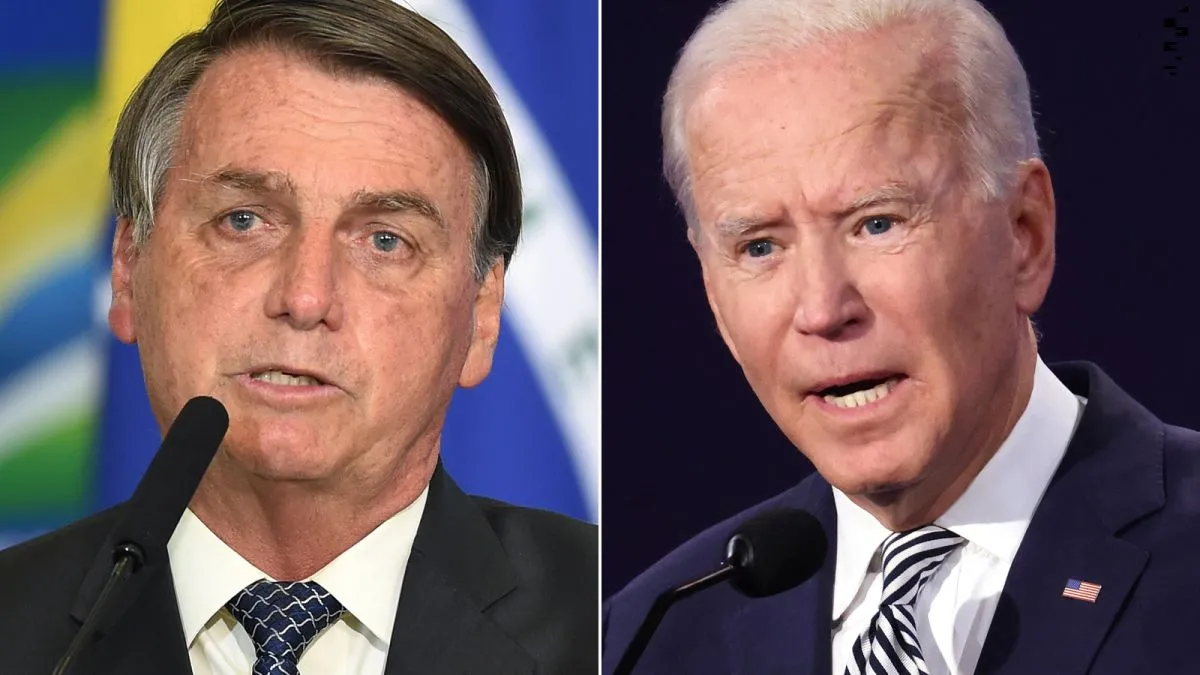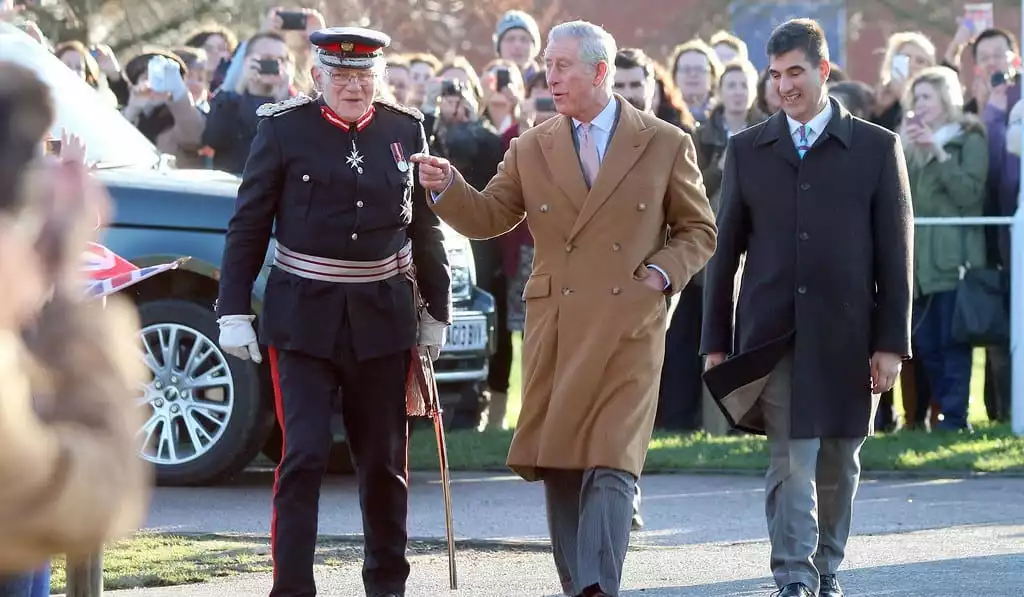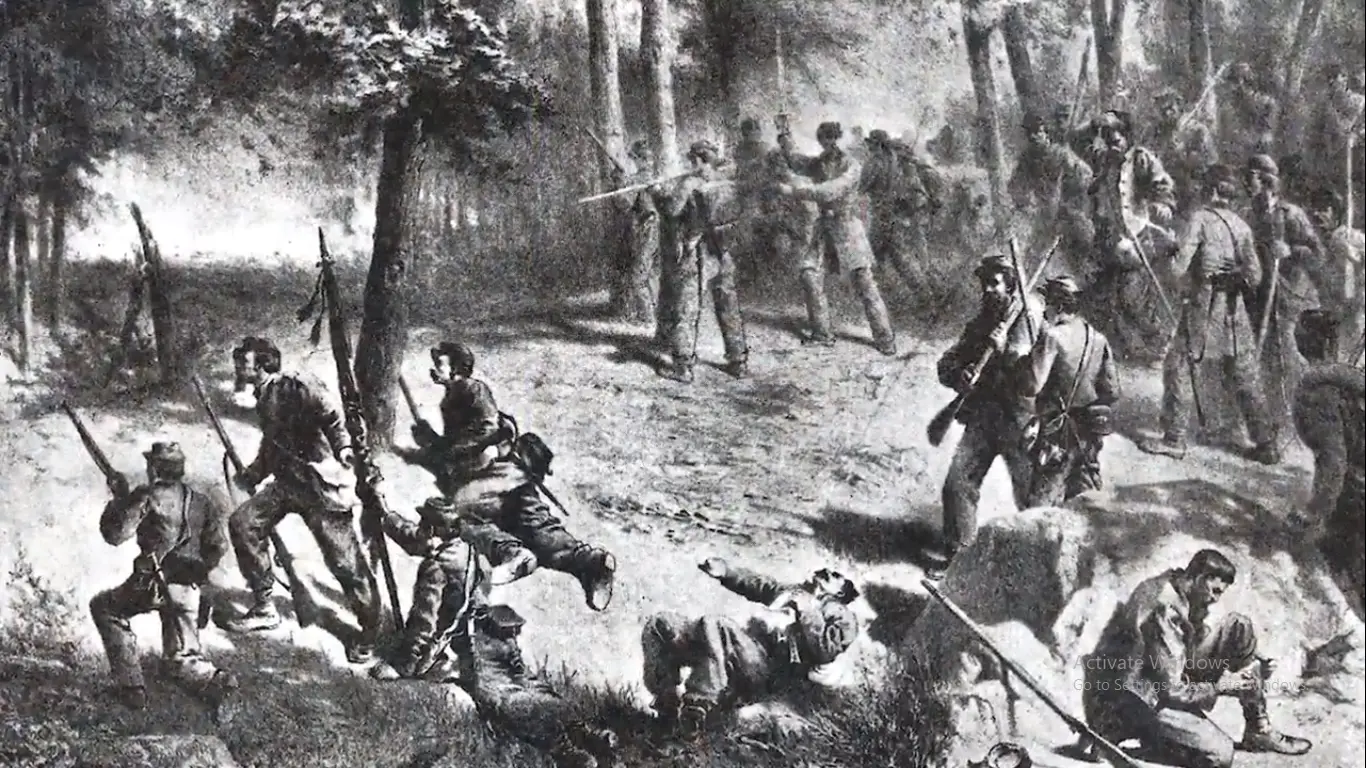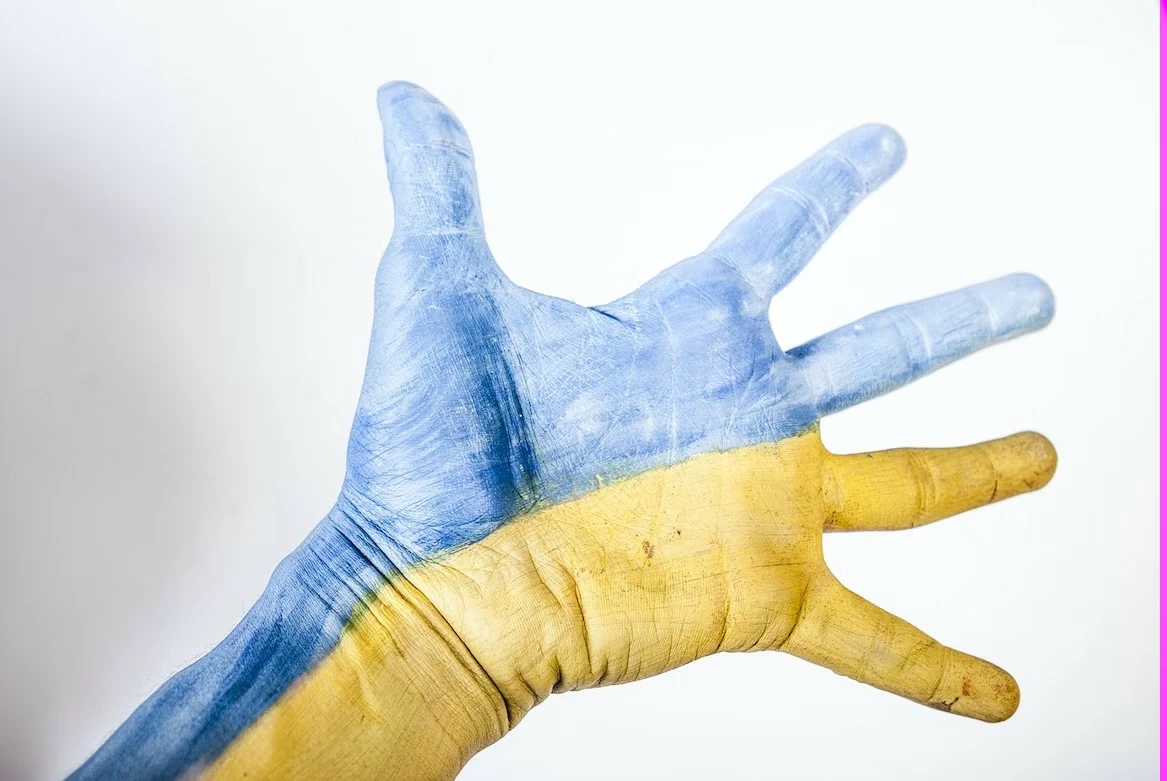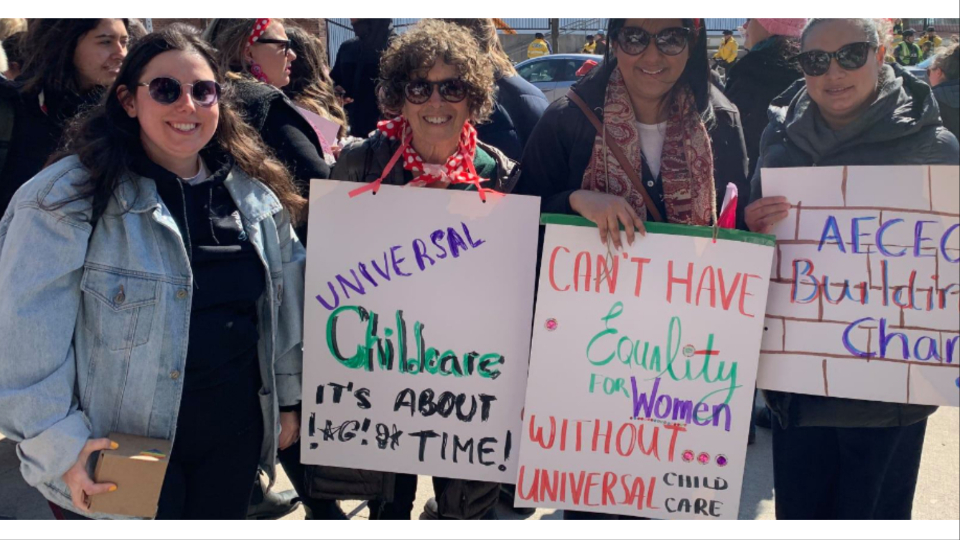At the recent US-Africa Summit held in December 2022, a number of countries were not invited: Eritrea voted against the UN resolution condemning Russia for defending the Donbass, Somaliland is not internationally recognised, the Saharawi Arab Democratic Republic has the greater part of its territory occupied by Morocco, a close US ally.
Then Mali, Guinea and Burkina Faso were excluded. These three have a lot in common. All three are former French colonies which recently had military coups supported by their people and have now excluded both the French and the US from their territories.
The common perception is that if a military coup removes a government elected through the ballot box that this must be bad thing.
Well! In most cases it is. But not in all cases.
If a foreign power which controls the economy of your country and also controls the election machinery is that a democracy?
Western countries and the Economic Community of West African States (ECOWAS) have condemned the miliary coup in Mali which took place in 2020 and the second ‘coup within a coup’ which took place in May 2021 and made original coup leader, position of interim President of the Republic of Mali. But even Western news agencies are finding it difficult to suppress the fact that the coup government has widespread popular support. from the government-backed United States Institute of Peace says: Colonel Assimi Goita, assumed the A report from the government-backed United States Institute of Peace says:
“Malians are so exhausted with instability and graft, they’re willing to give military leaders — thus far free of the taint of corruption — an opportunity to address the country’s longstanding challenges.”
In Guinea on 5th September 2021, Lieutenant-Colonel Mamady Doumbouya seized control of state television and declared that President Alpha Conde’s government had been dissolved and the nation’s borders closed. Conde was 83 years old and has forced to stand for a third term and had won an election marked by violence and fraud
Now in Burkina Faso, a coup has placed Lieutenant-Colonel Paul-Henri Sandaogo Damiba as interim President. The coup brought jubilation in Burkinabe capital Ouagadougou with people holding pictures of Malian leader Assim Goita and assassinated former Burkinabe President Tomas Sankara.
What is interesting here is how western countries are selective about which coups they call democratic and which they support!
Immediately after the coup against Tomas Sankara, his murderer, Blaise Compaore won immediate recognition. Likewise when Mali’s first President Communist-leaning Modibo Keita was removed by a coup in 1968 and replaced by the French-backed dictator Moussa Traore who was to be in power from 1968-1991, there was no outcry.
In Guinea, its first President Ahmed Sekou Toure demanded immediate independence from France in 1958 without any remaining control by France. When the French pulled out, they sabotaged everything. They left no money in the government bank account. They destroyed all records and they physically destroyed most of the infrastructure as a lesson to all other colonies which might demand full independence.
As other countries colonised by France obtained nominal independence, the following conditions were imposed:
1. Colonial Debt for the benefits of France colonisation The newly ‘independent’ countries should pay for the infrastructure built by France in the country during colonisation.
2. The African countries should deposit their national monetary reserves into French Central Bank.
The monetary policy governing such a diverse aggregation of countries is /operated by the French Treasury. Under the terms of the Central Bank of each African country is obliged to keep at least 65% of its foreign exchange reserves in an “operations account” held at the French Treasury, as well as another 20% to cover financial liabilities.
More than 80% of the foreign reserves of these African countries are deposited in the “operations accounts” controlled by the French Treasury. The two CFA banks (which control currency, one for West Africa, one for Central Africa) are African in name, but have no monetary policies of their own. The countries themselves do not know, nor are they told, how much of the pool of foreign reserves held by the French Treasury.
It is estimated that France is holding close to US$ 500 billion of African countries money in its treasury.

France allows their African colonies to access only 15% of the money in any given year. If they need more than that, they have to borrow the extra money from their own 65% from the French Treasury at commercial rates.
In March 2008, former French President Jacques Chirac said: “Without Africa, France will slide down into the rank of a third [world] power” Chirac’s predecessor François Mitterand already prophesied in 1957 that: “Without Africa, France will have no history in the 21st century”
3. Right of first refusal on any raw or natural resource discovered in the country France has the first right to buy any natural resources found in the land of its colonies
4. Priority to French interests and companies in public procurement and public building.
5. Exclusive right of France to supply military equipment and military officers
6. Right for France to pre-deploy troops and intervene military in the country to defend its interests
7. Obligation to make French the official language of the country and the language for education.
7 out of the 10 most illiterate countries in the world are among these Francophone African countries.
This includes Guinea, Chad and Burkina Faso. All have under 50% literacy.
8. Obligation to use France colonial money, the CFA Franc
9. Obligation to send France annual balance and reserve report.
Without the report, no money. Reports are audited by the Central Bank of France and the French Treasury.
10. No military alliance with any other country unless authorised by France.
11. Obligation to ally with France in any situation of war or global crisis.
Africans are obliged to fight for France.
We can no longer agree to the military occupation of Africa and the syphoning of African wealth by other countries. France must leave Africa permanently.
The majority of ECOWAS countries and a large number of countries in the African Union are in reality French colonies under French control. No wonder that these organisations are either ineffective or worse — organs of neo-colonial control.
Further, the jihadist insurgency in the region began after NATO armed al Qaeda in Libya during the bombing and destruction of that country. After that, including the genocide against black Libyans, these forces moved south. We know too that there is so much corruption in Ukraine that weapons sent to Ukraine by Western countries are frequently ending up in this region. Of course that then gives the excuse for US and French forces to go in as part of their ‘War against Terror’. In these three countries, US and French forces have been expelled and the Russian Wagner Group has now been employed to give assistance.
We do not know yet how good or bad the coup governments of Mali, Guinea and Burkina Faso will be. But one thing for sure, they have weakened the parasitic hold of France and the USA on a large part of Africa and we must support them at this time.
If you are a socialist, We need you now!✕
We are proudly biased towards Anti Capitalist, Anti Imperialist, Anti fascist! We believe we don’t need to mention you the importance of marxist magazine in this era! We are depending on our comrades only! Make an investment of $2.5/m in making a quality journal inclined to Marxism Leninism! Your one potential subscription helps us to maintain our global team! Subscribe and get access of all exclusive content available at the magazine section!
